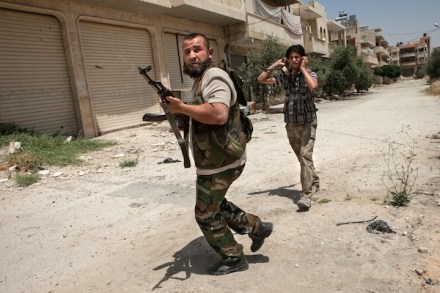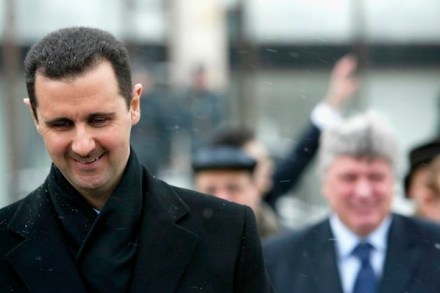Syria: Assad’s axis of evil
A few days ago in northern Aleppo, 14-year-old Mohammad Qataa was shot dead by armed fighters who accused him of blasphemy. The Free Syria Army denied any connection to the savage act, calling it an act of ‘terrorism’ committed by rebels linked to al-Qaeda. This is not the first time that a Syrian civilian has been accused of insulting Islam. On March 21 the prominent Sufi scholar Sheikh Muhammad al-Bouti was assassinated inside a mosque in Damascus because of his views about the violence in Syria. The FSA has denied these attacks and so has the Assad regime. So who are these rebels shooting people and chopping off heads in









